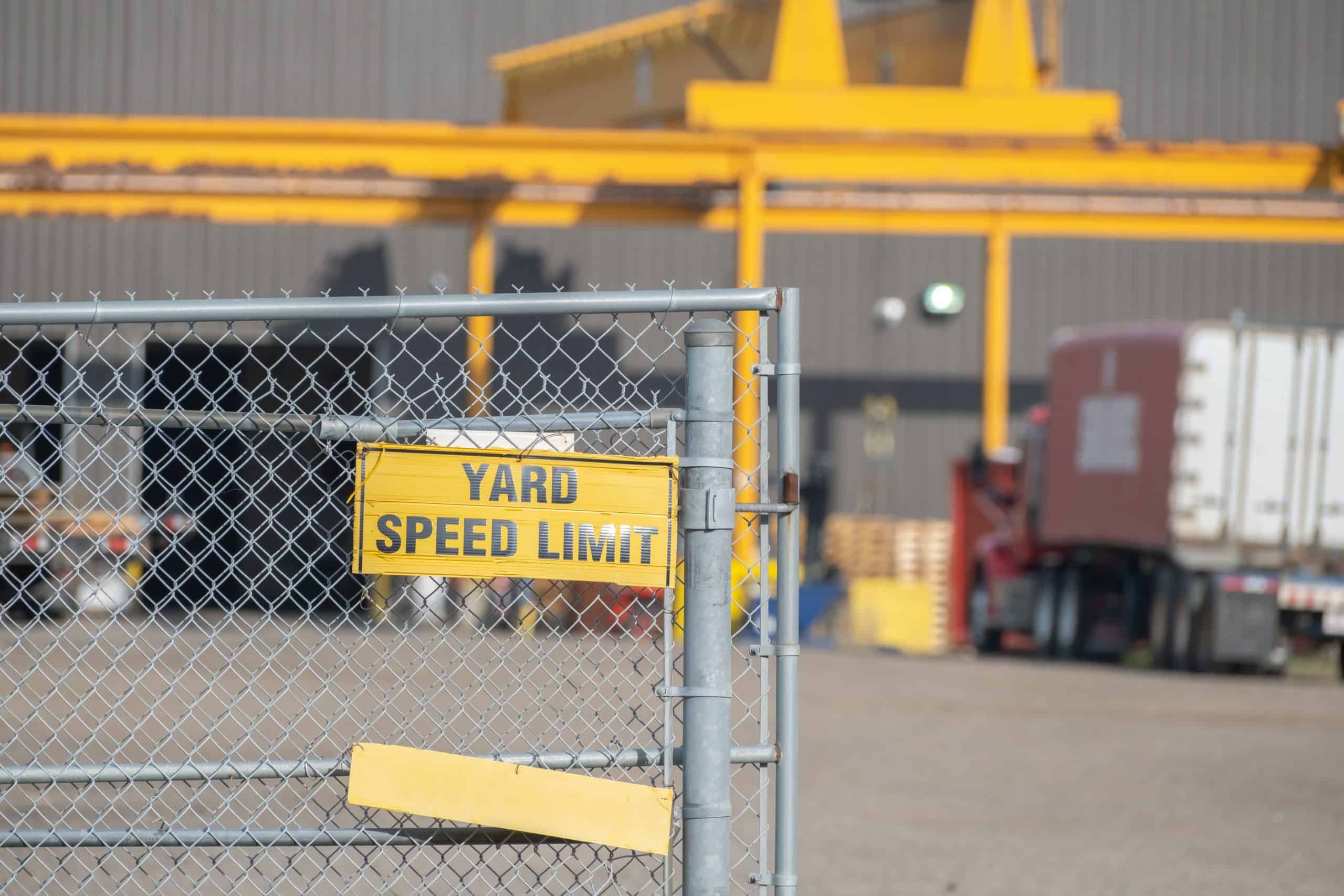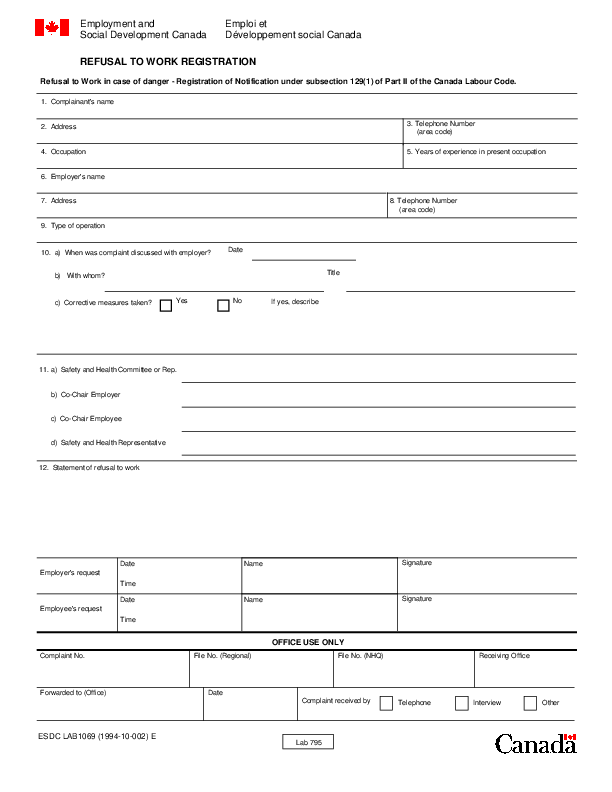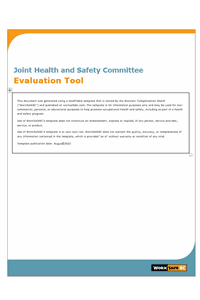
As a professional driver, you spend a lot of time working alone. Be sure you know what to do if you run into trouble.
Each day, thousands of drivers throughout British Columbia load, transport, and unload goods, tasks that are regularly completed alone. Whether working alone is because of early or late shifts or drive time without a crew, working alone means that you are in circumstances where it would be hard to get help in an emergency or if you are injured or become ill.
Employers must protect their drivers during their work shift. Drivers must also protect themselves. A journey management plan for working alone explains steps drivers need to take while in the yard, on a customer’s site, and on the roadway.
One of the first things a driver needs to do on arriving at the yard is determine whether there is anyone else at the office/yard in case of an emergency. Check the parking lot for colleagues’ vehicles. If no one else is there, ask yourself what you would do if you got hurt. It’s important to know whom to contact if you were injured; it could be 911, an office staff member, a colleague, or the owner of the company. Employers should be sure to provide that direction to all drivers.
Before walking into the yard, check the area where you’ll be working and conduct a site-specific hazard assessment to identify hazards that could cause an injury. Look out for items on the ground that could cause a trip and fall, and slippery areas. If the area is dark, be sure to use some form of lighting —a flashlight or light tower. Always use use three points of contact when climbing up and down on the truck cab or trailer and take precautions against a fall from a height.
Once you’re loaded up, confirm your destination and the route you’ll take. Travel on truck routes and make sure dispatch or your employer always knows where you are. Employers need to know the truck routes from their yard to customer locations and make sure drivers travel on these roadways.
Pay close attention to road hazards around them while traveling on the roadway, and especially if you have to stop on the roadside. Pay attention to road conditions and drive at a safe speed. Watch out for the distance between other vehicles, to make sure there is a safe stopping distance. At no point should a driver drive while distracted, such as holding a cell phone, iPad, etc.
Trucking companies are well-advised to use a check-in system for drivers to make sure those working alone are safe. Ensure the success of the check-in system:
• Assign a check-in contact for drivers. It could be someone at another company site, the owner, or a third-party company.
• Ensure drivers know who the check-in contact is and how to contact them.
• Trucking companies must ensure drivers are aware of the need for the precaution and comply every time.
Employer and driver need to collaborate to make sure drivers are safe while working alone. If a driver feels at risk, they need to speak with the employer right away to ensure the hazard is removed or mitigated.
Latest Resources
LAB 1069-Refusal to Work Registration
The Employer’s Investigation Report (LAB1069) is a required form under Part II of t ...
Joint Health and Safety Committee Evaluation Tool
This evaluation tool helps assess the effectiveness of a Joint Health and Safety Comm ...

